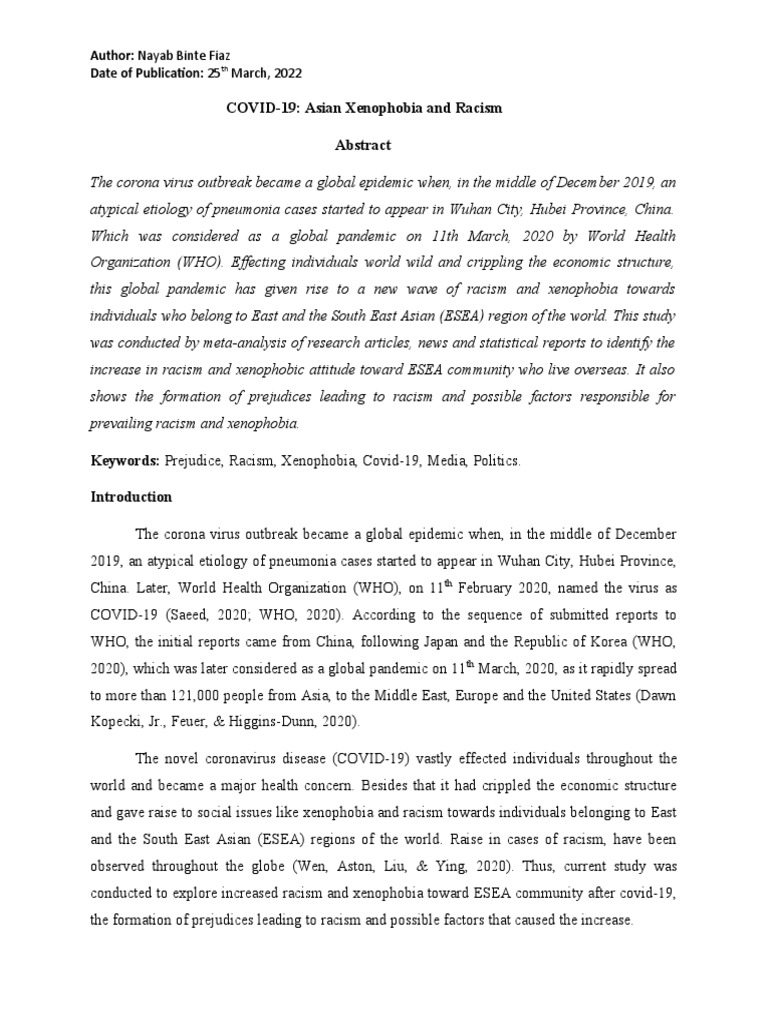In the context of escalating tensions and heightened instances of discrimination across Europe, Bahá’í teachings provide a profound and humanitarian response to the issues of racism and xenophobia. Central to the Bahá’í Faith is the principle of the oneness of humanity. As reflected in their teachings, this principle underscores the interconnectedness of all people, promoting the idea that every individual is a member of one global family. This approach not only serves as a moral obligation to counteract divisive ideologies but also as a framework for constructive action and advocacy.
Understanding the magnitude of racism and xenophobia requires a multifaceted analysis of their roots—historical, social, and psychological. Racism often stems from ignorance, fear of the unknown, and entrenched cultural stereotypes. The Bahá’í community actively engages with these dimensions by fostering educational initiatives aimed at dispelling myths surrounding different ethnicities and cultures. Programs that encourage dialogue, intercultural exchange, and historical education can facilitate a more profound understanding of diversity. This is crucial as education is often the antidote to prejudice.
Another vital component of combating racism and xenophobia within the Bahá’í framework is emphasizing unity in diversity. Bahá’u’lláh, the founder of the Bahá’í Faith, articulated that every individual harbors a unique contribution to the collective whole. This philosophy encourages the acknowledgment and appreciation of diverse cultural identities while simultaneously promoting the idea that such differences enhance societal development rather than impeding it. Thus, Bahá’í communities in Europe have initiated cultural events that celebrate various national heritages. These gatherings not only provide a platform for expressing cultural pride but also foster communal bonds that transcend ethnic divides.
Moreover, Bahá’í teachings advocate for a firm stance against injustice. Their moral tenets emphasize that silence in the face of oppression is complicity. Thus, within the European context, Bahá’ís actively participate in civil society initiatives that promote social equity and inclusion. They engage in collaborative efforts with other faith-based communities and non-profit organizations to elevate marginalized voices and advocate for policy changes that aim to dismantle systemic racism. This collaborative approach exemplifies the Bahá’í commitment to justice as a fundamental principle in addressing social issues.
One significant aspect of the Bahá’í message is the call to personal transformation. Combating internalized biases and prejudices is a crucial step for individuals. Bahá’í teachings encourage self-reflection and personal accountability in recognizing and addressing one’s own potential prejudices. Workshops focused on personal development within the Bahá’í community aim to cultivate empathy, reinforce ethical standards, and promote the importance of social responsibility. These self-improvement initiatives foster a culture of openness, allowing individuals to confront uncomfortable truths about their own biases and to strive towards personal growth.
Additionally, the Bahá’í community in Europe has demonstrated an unwavering commitment to advocacy through community service. Service-oriented projects not only address immediate needs within vulnerable populations but also serve as a mechanism to develop understanding between different group members. Volunteering provides opportunities to work alongside individuals from diverse backgrounds, creating alliances that break down racial and ethnic barriers. This form of active participation exemplifies the Bahá’í ethos of service as an essential avenue towards unity and acceptance.
The concept of consultation is another critical aspect embedded in the Bahá’í teachings. This method of collective problem-solving encourages inclusive dialogue, where every voice is valued. In tackling issues of racism and xenophobia, Bahá’ís actively employ consultation as a means to generate solutions to these pressing social challenges. The Bahá’í approach encourages a collective examination of biases, fostering a spirit of unity wherein individuals come together to share insights and propose actionable solutions without fear of reprimand. Such practices within communities promote resilience and solidarity against the forces of division.
In light of the contemporary moral crisis presented by racism and xenophobia in Europe, the teachings of the Bahá’í Faith urge a collective awakening. The essence of Bahá’í principles nourishes a societal transformation from entrenched views toward an inclusive, equitable perspective. Through education, community engagement, advocacy, personal transformation, and consultation, Bahá’ís are not merely passive observers but proactive participants in fostering an environment conducive to harmony and respect. This journey is not only vital for the well-being of individuals but also for the collective progress of societies grappling with the detrimental impacts of prejudice.
In conclusion, the call to action from the Bahá’í teachings resonates within the heart of Europe’s diversity. The emphasis on unity, justice, and community-building provides a comprehensive and ethically sound pathway to counteract racism and xenophobia. With sustained commitment and collaborative efforts, it is conceivable that a harmonious society, where inclusiveness prevails, can emerge, aligning with both the aspirations of the Bahá’í community and the broader objectives of humanity’s collective journey towards social justice and peace.
